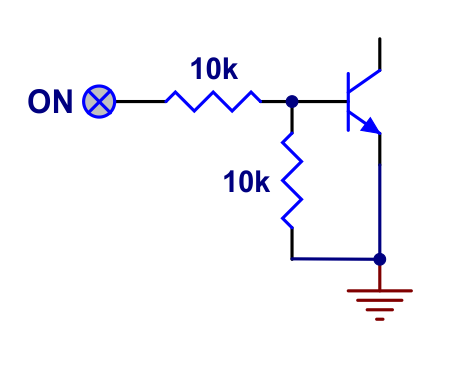The Pololu Pushbutton Power Switches are sophisticated power control alternatives to bulky mechanical switches. The main function is pushbutton-based latching power control, where one push turns on power and another push turns it off. Additional control inputs allow advanced applications such as automatic shutdown by the device being powered. This low-voltage (LV) version operates from 2.2 V to 20 V and can deliver continuous currents up to around 6 A.
The Pololu Pushbutton Power Switch is a compact, solid-state power switch that features built-in reverse-voltage protection and is controlled by a momentary pushbutton: one push turns on power and another push turns it off. This is a patented design initially created for use in our own products as an alternative to bulky mechanical switches. Because the switched current does not flow through the mechanical switch, a large variety of small, low-power switches can be used to control a substantial amount of power. The use of momentary switches also allows multiple switches to be used in parallel to control the power to one load. This product can be used in your projects in place of a relay.
Specifications
- Absolute maximum voltage: 20V
- Recommended operating voltage: 2.2-16V
- MOSFET combined on resistance (max): 26 mΩ @ 1.8 V, 16 mΩ @ 4.5 V
- Continuous current at 55°C: 3A
- Continuous current at 150°C: 6A
- Maximum current: 12A
- Current consumption in on state: ~210 μA/V
- Current consumption in off state: < 0.01 μA
- LED colour: Red
- Dimensions: 1.52 x 1.78 x 3.05cm (0.6″ × 0.7″ × 0.12″)
- Weight: 0.6gr
Usage:
The simplest way to control the Pushbutton Power Switch is via its installed pushbutton: one push turns on power and another turns it off. Alternatively, a separate pushbutton, such as a remote panel-mounted unit, can be connected to the A and B pins and used instead. Multiple pushbuttons can be wired in parallel for multiple control points, and each of the parallel pushbuttons, including the one on the board itself, will be able to turn the switch on or off. The latching circuit performs some button debouncing, but pushbuttons with excessive bouncing (several ms) might not function well with this product.
A ve B pins: Connected through momentary switch to pin “B” for standard push-on/push-off operation. Connect pin A through momentary switch to ground for on-only operation.
ON pin: A high pulse (> 1 V) on this pin turns on the switch.
OFF pin: A high pulse (> 1 V) on this pin turns off the switch (e.g. allowing the target device to shut off its own power).
CTRL pini: This pin directly determines the state of the switch. A high pulse (> 1 V) on this pin turns on the switch; a low pulse (e.g. driving the pin low with a microcontroller output line or pushing a button connected from this pin to ground) turns the switch off. Leave this pin disconnected or floating when not trying to set the switch state. Note that this pin should not be driven high at the same time the “OFF” pin is driven high.


